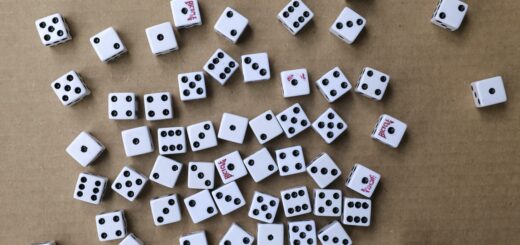Clean Up Memory in R
Clean Up Memory in R, In the world of data analysis and programming, managing memory efficiently is crucial to ensure the smooth execution of your R scripts.
As you work with large datasets or complex functions, the memory consumption in R can quickly escalate, leading to slower processing times and potential errors.
In this article, we will discuss how to collect garbage and clean up memory in R using the gc() function, along with a practical example to demonstrate its usage.
Example: Clean Up Memory in R with gc() Function
To illustrate the process of memory cleanup in R, let’s create an example where we generate some data objects that consume significant memory space.
In this case, we will create three data objects, A, B, and C, as shown below:
A <- 1:2000 # Create some data objects
B <- 1:79999
C <- 8999:1
After running this code, you will find the data objects A, B, and C in your RStudio’s global environment. However, these objects may cause your R script to slow down due to the increased memory consumption.

To address this issue, you might consider using the rm and list functions to clear your workspace:
rm(list = ls()) # Clear workspace
While this code will remove all data objects from your workspace, it may not necessarily clean up the memory occupied by these objects. To truly free up memory, you need to perform garbage collection using the gc() function.
Example: Garbage Collection with gc() Function
Garbage collection in R is the process of identifying and removing unused memory space. By calling the gc() function, you can trigger
garbage collection and, consequently, free up some memory space. To do this, you simply need to run the following R syntax:
gc(reset = TRUE) # Garbage collection
After executing this code, the R memory should be cleaned up, allowing your scripts to run more efficiently.
Additionally, the gc() function can provide a report on memory usage, which will be displayed in the RStudio console.
This report helps you monitor the memory consumption and ensure that your R environment is optimized for efficient performance.
Summary
Managing memory in R is essential for maintaining the speed and accuracy of your data analysis and programming tasks.
By understanding and utilizing the gc() function for garbage collection, you can effectively clean up memory and improve the overall efficiency of your R scripts.
Always remember to periodically check your memory usage and perform garbage collection as needed to ensure a smooth workflow in your R projects.
How to Label Outliers in Boxplots in ggplot2?






